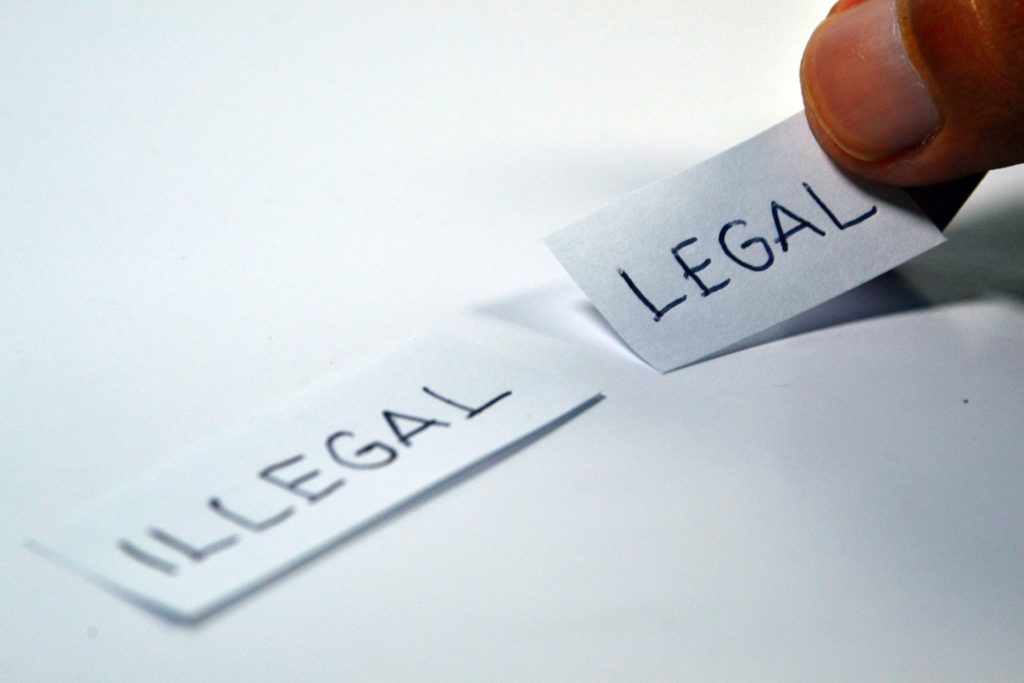- 7 Days/week 8am - 8pm

Does Notarizing a Document Make it Legal?
by the American Association of Notaries
Most adults will have to get something notarized at some point in their lives The public’s perception of what a notary does and what notarization accomplishes is often incorrect. This is particularly the case when a person brings a document to a notary public to be notarized, thinking that the notarization will in some way “legalize” the document or make it “official.”
Although most of us are familiar with the phrase “notarize a document” or “notarize a paper,” it is generally the signature – not the document itself – that is the concern of the notary. California makes this exceptionally clear to members of the public by requiring a notation above all notarial certificates that explains that the notarization only verifies the identity of the signer, not the truthfulness, accuracy, or validity of the document. This is generally the case in every state except Louisiana. (Louisiana notaries are trained legal practitioners and often certify the contents of a document.)
To explain more thoroughly, we should look at the two most common types of notarial acts – acknowledgments and oaths. Both of these acts are sometimes referred to as “notarizing a signature.” With an acknowledgment, the signer is declaring before the notary that he or she has voluntarily executed the document. With an oath, the signer is swearing (or affirming) to the notary that the contents of the document are true and correct. In either situation, the notary is not concerned with, nor responsible for, the contents of the document. The notary’s certificate only certifies that the named person appeared before him or her, was properly identified, and either acknowledged the document or swore to it. (Remember, notarization typically requires either a certificate of acknowledgment or a jurat; you should not simply sign your name and affix your official seal to a document.) The contents of the document remain the responsibility of the signer.
Although prudent notaries should scan over a document to make sure it is fully completed prior to notarizing, notaries are not required to read a document for its content. However, notaries should diplomatically decline to notarize a signature on a document the notary knows to be deceptive or false. Because the public often believes that notarization will “legalize” their documents, notaries should be particularly cautious when notarizing sensitive documents that were prepared without the assistance of an attorney, such as estate planning documents or real estate documents. It may be helpful to explain to your customer that notarization only attests to the signature, and that the notary’s seal only identifies the notary.
To conclude, because notaries public notarize signatures, not the content of a document, notarization does not make a document “legal” or “official” in any way. It is important to note that a document that is illegal or false prior to notarization is still illegal or false even after being notarized.
By Evelin Garcia, a Contributing Writer with the American Association of Notaries, Inc.
